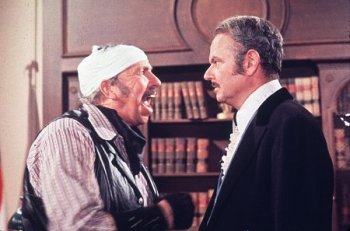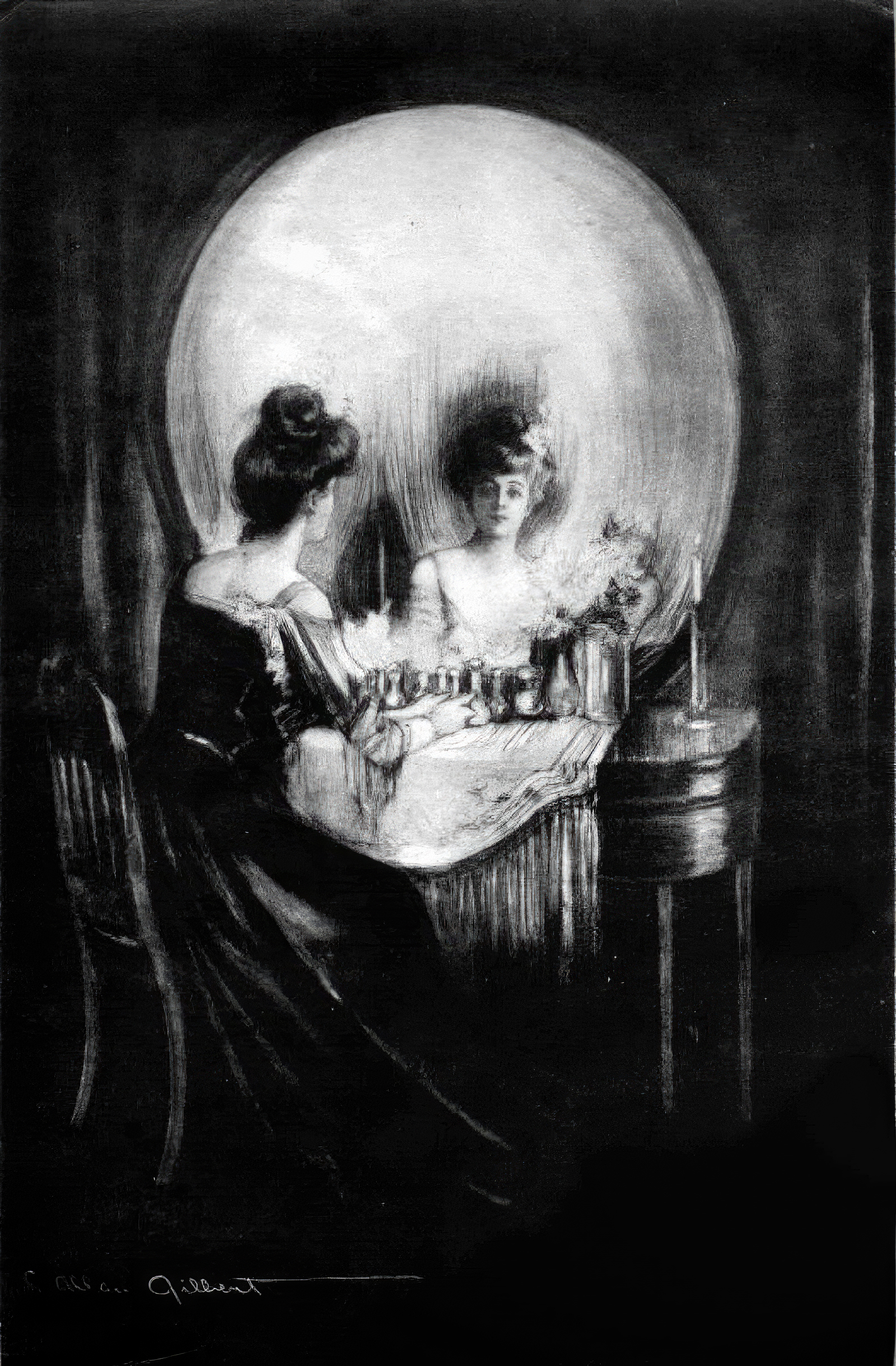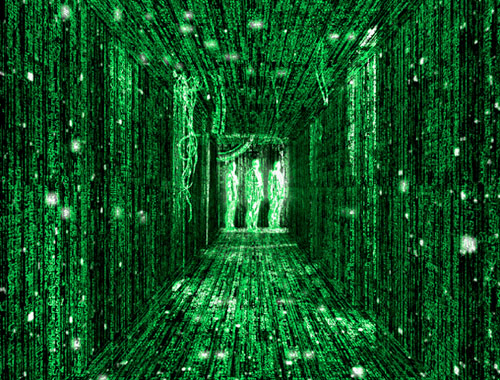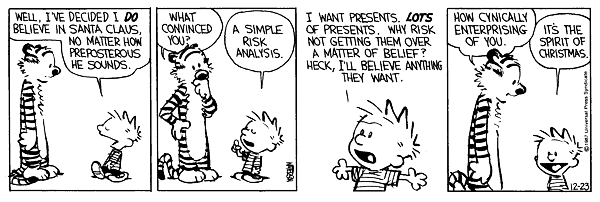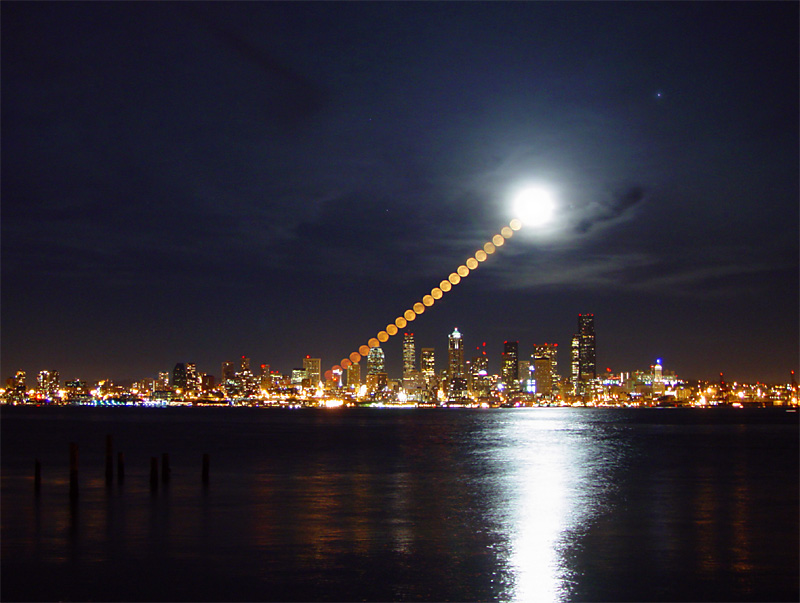August 14, 2003. The great Northeast Blackout that knocked out power for 50 million people in the U.S and Canada.
There's a scene in CLOVERFIELD where the survivors decide to flee the streets and walk the darkened, abandoned subway tunnels uptown. Aside from the monster part, I knew exactly how they felt.
By this time MWP and I had moved to Brooklyn, and I'd just landed a job reading scripts for A&E Networks three weeks prior. I got a call from my contact person Mr. RH that he had some scripts for me to pick up, so I hopped on the 4 Express Train at Nevins Street. The evening rush had already begun, and the train became progressively more crowded with sweaty people (the temperature that day was in the low 90s) as we made our way towards my final destination of Grand Central/42nd Street, just a few blocks from A&E's office on 45th.
The train goes express all the way from 14th to 42nd street, so I wasn't quite sure where we were when the train suddenly ground to a halt. At first, nobody batted an eye. Subways make unscheduled stops all the time, usually because another train up ahead is running behind schedule.
But rarely for five minutes. And never for ten minutes. The lights remained on in the car, but the air conditioning did not, and it got very hot very quickly. The conductor soon came over the PA system and told us that the subway system was out of commission, and that they were working on a fix as quickly as possible. People, myself included, were getting antsy. About twenty minutes in, we were told that the entire city was without power. That's when the crying began.
It was like Central Casting had handpicked my fellow mass transiters. A very pregnant woman. Some very old people. About fifteen or twenty 8 to 10-year-old kids, all wearing the same brightly colored t-shirts, on their way to or from camp. I kept waiting for Leslie Nielson to walk into the car and tells us there's no reason to be alarmed. As we were still less than two years removed from 9/11, everyone was speculating about whether the blackout was caused by a terrorist strike. This didn't help the people who were beginning to freak out. I tried to stare straight ahead and be very aware if someone needed my help and/or if someone was going to lose their cool in a violent way (a frequent thought of subway riders even when things are running smoothly).
At some point, the conductor assured us that the blackout was not terror-related and that a crew with flashlights was coming down the tunnel towards us and that we were all going to have to walk through the subway tunnel to Grand Central.
It was the first and only time I've been rescued.
Seventy minutes we were in there.
We were led out the front of the train, where we crawled out one of the front windows, down a ladder and onto the track. We walked single file towards 42nd street from about 37th or 38th. About every 200 yards or so was someone with a flashlight, but other than that it was almost pitch dark.
Yes, you could hear the rats running alongside you. Thankfully, couldn't see 'em. When we made it to 42nd, we were treated to the spectacularly eerie sight of Grand Central Station completely empty, lit by a few emergency lights and, as we walked further out, by the sun coming through the windows. It was one of the most exhilarating feelings I can remember when I finally walked outside onto the street and took a deep gulp of fresh air.
The streets were chaotic with hordes of people walking seemingly in every direction. Nobody's cell phones were working, so after a call to North Carolina on a payphone to let my parents know I was OK and to see if they'd heard from Mrs. Word Player (they hadn't), I decided to walk to MWP's office at 38th and 8th, about six avenue blocks west and four south. When I got there, the buzzers weren't working, so I walked up 15 flights to see if she was still at the office.
Nope, everyone was gone and the doors were locked.
Back down the 15 floors, the whole time thinking that the only thing I could do now was not worry about MWP and start walking the 40-50 blocks to the Brooklyn Bridge. My feet hurt and I was drenched in sweat, but by the time I got to the Bridge I started to get a sense of how bizarre this day really was.




The foot traffic was so thick you could feel the Bridge swaying gently. A look back and you could see the Manhattan skyline in the fading daylight, not a single light on in the thousands of windows. A look ahead and you saw Brooklyn Mayor Marty Markowitz shouting "Welcome Home!" on a bullhorn. Twenty five blocks later and I was home. Thankfully, MWP and her friend and workmate Mz. Art Designer had made it home long before me, snapping the pix I've posted here along the way.
By the next morning, the power was back on, but there was still one more bizarro moment to come. Our good friend Mrs. CFA was working at CNN Headline News back then, and asked Mrs. Word Player to be interviewed live on the air, via telephone, as the pictures she took during the Blackout scrolled across the screen. I sat in the other room, watching the interview live, just one closed door away from the interviewee.
Strange days indeed... most peculiar, mama!










